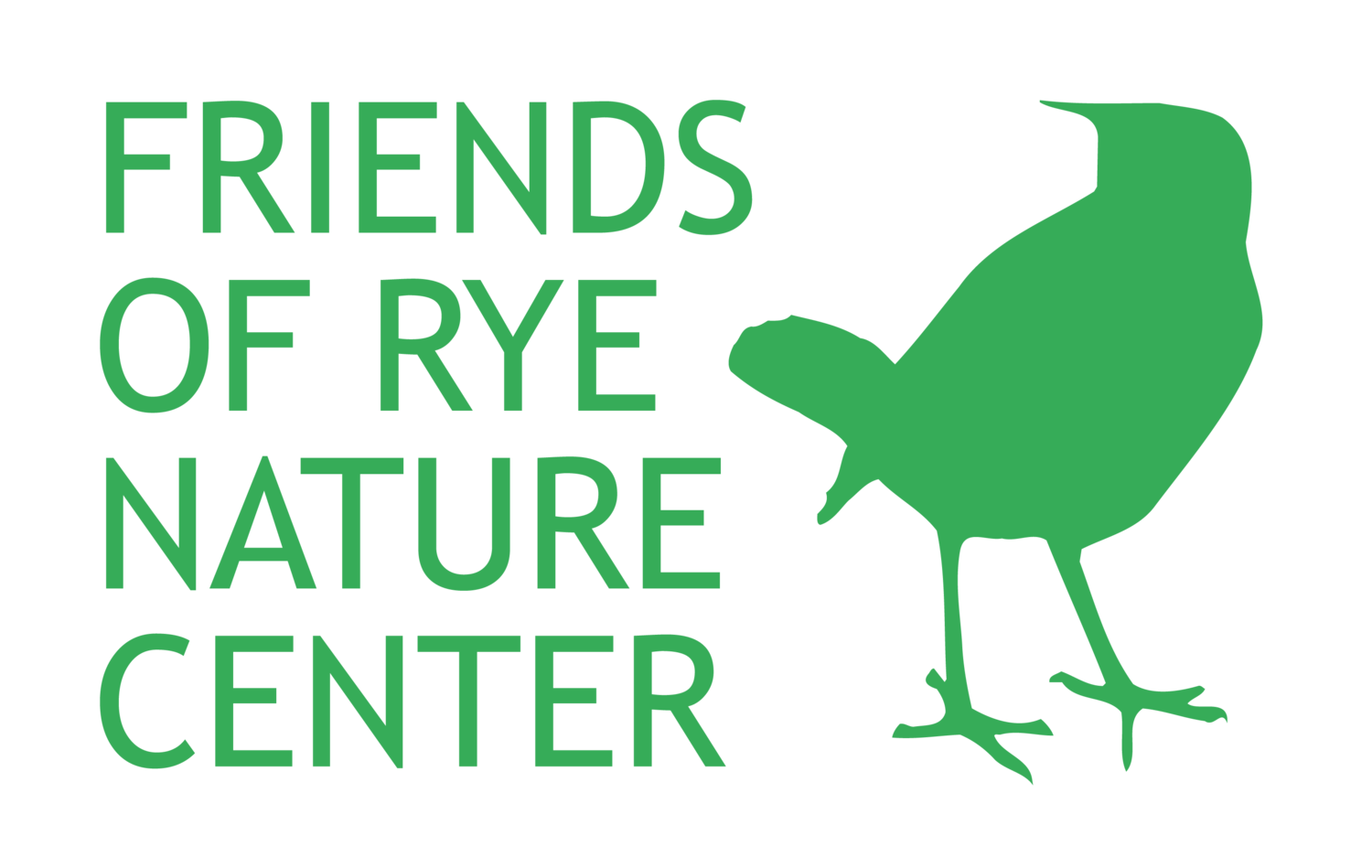— Amanda Montalbano, Environmental Educator
Play is a cornerstone of the childhood experience, so much so that the United Nations Convention on the Rights of the Child names play as a universal right. From early to modern-day theorists, research supports that play is healthy, necessary, and a catalyst for children to develop skills they will need later in life. Some correlations between play and learning are very direct. For instance, running, dancing, and climbing all foster muscle development and help fine-tune motor skills. Creating worlds with a system of rules that set the terms of play encourages imagination and adds to a child’s social skills as they teach the rules to one another.
A deeper examination of play reveals other lessons that may go further than what may meet the eye. Jean Piaget, a Swiss psychologist who studied stages of development in children, observed that through play, children are discovering things about their world. While they play, young learners are naturally asking questions, observing, and comparing. These vital skills lead to a child constructing their own knowledge. A way to visualize the process of early learning is with the model below, proposed by Sharon Shaffer, that shows the relationship between aspects of play and knowledge creation.
Photo Credit: Shaffer, S. (2015). Engaging Young Children in Museums. Walnut Creek, CA: Left Coast Press, Inc.
Named the Early Learner Model (ELM), Shaffer describes key elements that are essential in creating knowledge. Through play young children explore their world, inspired by their natural curiosity to learn and know. They experience their world as they are exploring, gathering information through their senses and through social interactions. Children conceptualize and create mental ideas from interacting with the environment. Children create and imagine, expressing ideas through actions associated with play. The result of exploration, experience, conceptualizing, and imagining is knowledge. Knowledge will come from any one or a combination of the outer elements. The process is ever-changing, never-ending, and builds upon itself – just like science.
Remarkably, the natural process of a child acquiring their own knowledge follows the same steps as a scientist conducting an experiment. Going through the scientific method you can see the correlations.
Questions & Hypotheses
A hypothesis is a question, which in play might be: should I jump off this rock? Can I make the toy stand up straight? Then there is an activity that triggers observations.
Experiment & Observations
Continuing the examples from above, the child might jump off the rock and either land on their feet or not. The child tries putting the doll on its feet and it either stays or does not. Based on the observations the individual learns some form of lesson. A child who lands on their feet or has the doll fall over will have different observations than one who does not.
Results & Conclusions
The result is information gathered and the knowledge it creates is parallel to a conclusion in a scientific experiment. The child lands on their feet — answering their initial question and the next time they think to jump off the rock they will remember the time they did so successfully. If the doll cannot stand on its feet, the next time the child may try placing it in a sitting position.
Children, like scientists in a lab, are constructing knowledge as a result of rethinking ideas based on new information. Regardless of the topic or play scenario, it is the thoughts that go along with play that are inherently scientific and lead to the skills that will come in handy in science class.
Next time your pirate, ninja, or fairy is deep in their play world, watch carefully — what hypotheses are coming into their head as they play? How does their play give evidence to answer their questions? Does their play change as they go along and learn from past actions?



